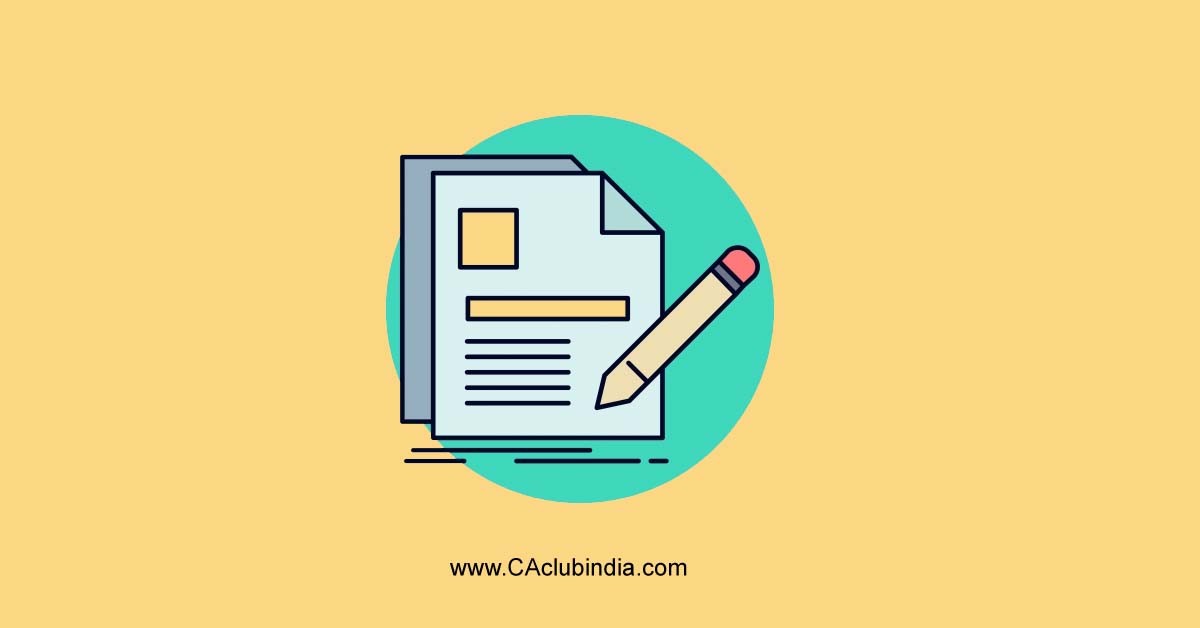The GST Council, in its 37th meeting held on 20.09.2019, has recommended introduction of electronic invoice ('e-invoice') in GST in a phased manner. E-invoicing was initially made applicable w.e.f 01.10.2020 for the registered person having aggregate turnover of Rs. 500 crore and above only.
Since then, aggregate turnover is being reduced in a phased manner so as to cover maximum taxpayers under the e-invoicing in following manner:

|
Phases |
Applicable to taxpayers having aggregate turnover of more than |
W.e.f. |
Notification No. |
|
1. |
INR 500 crore |
01.10.2020 |
Notification No. 61/2020- Central Tax dated 30.07.2020 |
|
2. |
INR 100 crore |
01.01.2021 |
Notification No. 88/2020–Central Tax dated 10.11.2020 |
|
3. |
INR 50 crore |
01.04.2021 |
Notification No. 05/2021–Central Tax dated 08.03.2021 |
|
4. |
INR 20 crore |
01.04.2022 |
Notification No. 01/2022- Central Tax dated 24.02.2022 |
|
5. |
INR 10 crore |
01.10.2022 |
Notification No. 17/2022–Central Tax dated 01.08.2022 |
Notes:
- E-invoicing provisions are applicable when the stated aggregate turnover threshold limits crosses in any of previous financial year(s) starting from FY 2017-18. Thus, aggregate turnover limit of current financial year is not to be considered.
- Certain Entity are not required to generate e-invoicing even though their annual aggregate turnover crosses specified limit viz. SEZ units (not developer), insurer or banking company or financial institution, GTA, passenger transport service provider and invoicing in case of services by way of admission to exhibition of cinematograph films in multiplex screens, a government department, a local authority.
- Applicable only for B2B Taxable Supplies of Goods or Services or both, DN/ CN, Exports.
- Not Applicable for B2C Supplies, Exempted Supplies (Bill of Supply), Receipt Voucher (on advance received for supply of services), Refund Voucher (Refund of advance money received), Payment Voucher & Self-Invoice (for RCM liability received from unregistered person), ISD Invoice.
Compliance
The registered person to whom e-invoicing is applicable have to generate tax invoice with specified particulars as per e-schema INV-01 from taxpayer's own account and billing software, then convert the same into JSON file, and transmit such file on dedicated Invoice Registration Portal ("IRP") launched by the Government.
Subsequently, IRP will generate unique e-invoice reference number with Quick Reference ("QR") Code and digitally signed JSON file and send it to the concerned supplier and will also push the data to GST Portal for auto population of date in GSTR-1 (outward supply statement) and E-waybill portal for generation of e-way bill.








 CAclubindia
CAclubindia
